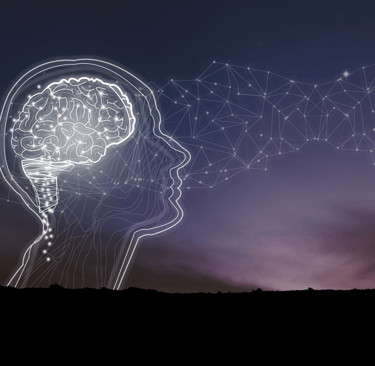Acupuncture and Neuroplasticity
how acupuncture can help rewire the brain


Acupuncture has been used for thousands of years to relieve pain, reduce stress, and support the body’s natural healing processes. Today, modern research is beginning to catch up to what the ancient acupuncture physicians long understood: this therapy has measurable, physiological effects, including on the brain.
While neuroplasticity has become a buzzword in the psychedelic field, psychedelics are far from the only path to reshaping the brain and nervous system. Simply put, neuroplasticity refers to the brain’s ability to adapt, rewire, and form new connections throughout life. It’s how we recover from injury, integrate new experiences, and shift long-held patterns of pain, mood, and behavior.
Recent studies show that acupuncture can enhance neuroplasticity by influencing key brain chemicals like BDNF (brain-derived neurotrophic factor) and modulating signaling pathways involved in learning, memory, and repair. These effects have been observed in patients recovering from stroke, chronic pain, anxiety, and depression, suggesting that acupuncture doesn’t just manage symptoms, but may help retrain the nervous system over time. In this way, acupuncture becomes more than a short-term intervention: it supports the body’s innate intelligence and the brain’s long-term capacity to heal.
Key references:
Frontiers in Cellular Neuroscience (2023) Neural Plasticity (2022)


